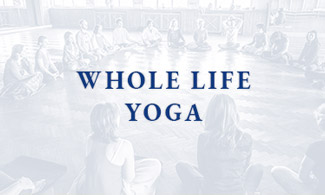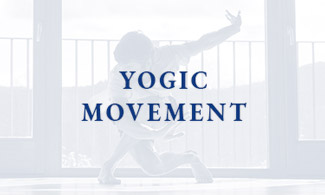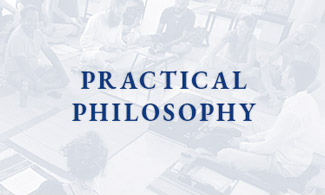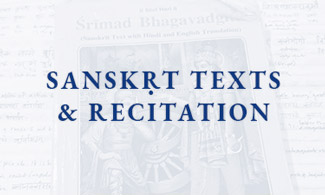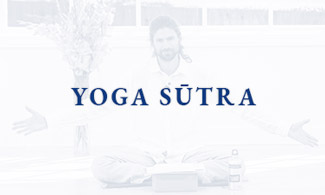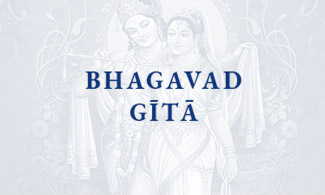
December 15th, 2020
Caritas and Amor
Yoga means gathering together, harmonising the whole field of our being. There are many reasons I so love the sound based practices that are cherished in the Indian tradition. One is because of the way they can so readily reach the parts that other techniques aren’t always able to. When we sing kīrtan, for example, songs that remind us of the kīrti, the glory, of what it means to be a sentient human being endowed with conscience, we very readily invite all parts of ourself into the practice. At once, it’s a physical and energetic practice, singing can invite prāṇāyāma, our mind is engaged on the words and the tune, the sense of the songs, and we can do it with a clear emotional intent. Very readily, we can invite a whole system experience of coming together in yoga. While Sanskṛt has many particular magnificences, we can invite the whole system into a tonifying, clarifying, harmonising sound bath with songs of spirit in any language.
One Latin song I enjoy practising with is: Ubi caritas et amor ubi caritas deus ibi est
Where there is ‘caritas’ and ‘amor’, there is the divine. This could certainly be accurately rendered as ‘where there is charity and love there is god’. However, caritas and amor have connotations in the Latin that are worth noting. Caritas carries the sense of ‘that which is dear’. The Latin amor has a strong connotation of ‘the love that includes, that does not leave anything out’. ‘Ubi caritas et amor deus ibi est’ I think of then as ‘where there is that attitude: that sees everything as dear, that meets the world with reverence, that greets and blesses life with gratitude, that honours and values the gift of each moment, there is the divine. When we practice, patiently, steadily, the āsana – the attitude – of reverent grace, of wonder, of respectfulness, when we invite deepening presence that expands to include all parts of ourselves, then we invite a deepening recognition of the divinity we all carry.
As we practice these attitudes, as we learn to ‘love ourselves’, in the sense of including all of ourselves, bringing even those long neglected parts of ourself into the light of centred awareness, we will experience deepening peace. And at the same time, as the field of our being settles into greater peacefulness, we will more readily understand the deeper lying tendencies that would impede our continued experience of peace and fulfilment. As we still the waters of the lake of our psyche, we see more deeply. We may see through to the beauty of our source, we may be fortified and cleansed by that light. But as the surface of the lake stills, our consciousness will also more readily apprehend the next layer of veiling, limiting tendencies asking to be harmonised. Once we start the cleaning process, we stir up more dirt. As we invite more clarity, we see the detritus we were previously ignorant of. And so the process continues. A lifelong process that can be trying and frustrating. So what is the call? Caritas and amor. Again and again, patiently, inclusively, we invite all of ourself, as best as we can, into balance and cohesion. And step by patient, loving step, we recalibrate our homeostasis so we become more and more attuned to our innate capacity for wholeness, to recognise our innate fitness to embody caritas et amor. This is the path of yoga.
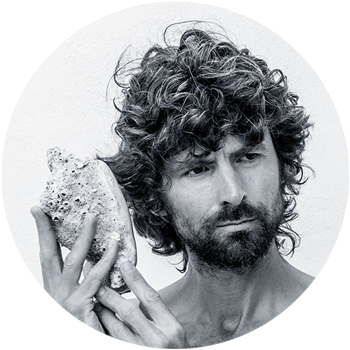
James Boag | Whole Life Yoga
The yoga of the whole human being. Practical philosophy, storytelling, movement, inquiry, looking in ways that reach beyond our habitual ways of looking.
Listen to James’ unique whole life yoga perspectives on the WHOLE LIFE YOGA podcast.

